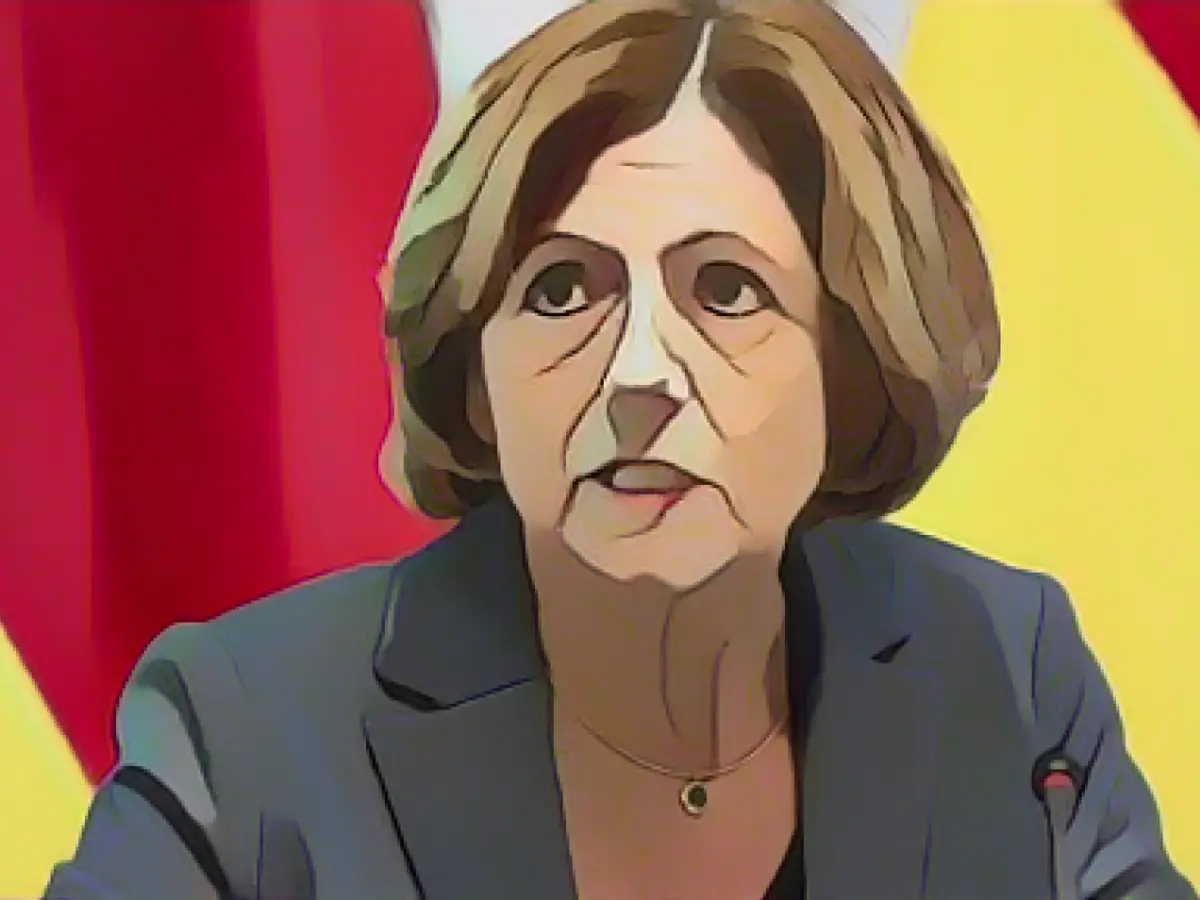Title: Dreyer Hails Climate Conference Resolution as Initial Step Towards Global Transition
Malu Dreyer, the Minister President of Rhineland-Palatinate (SPD), views the resolution of the World Climate Conference as an encouraging beginning. In Mainz, she stated, "The agreed transition away from fossil fuels is merely the first step to promptly initiating the climate and energy transition globally." The international community bears a responsibility towards developing nations and small island states, as well as future generations.
Climate Protection Minister Katrin Eder (Greens) expressed regret over the lack of a clear commitment to an orderly phase-out of fossil fuels in the negotiations. She stressed that global warming affects various regions and localities. Rhineland-Palatinate, for instance, has recorded a rise of 1.7 degrees, placing it among Germany's most affected regions.
At the Dubai conference, the international community resolved to distance itself from fossil fuels, albeit falling short of the previously proposed clear coal, oil, and gas phase-out.
Fact File:
- Rhineland-Palatinate advocates for a comprehensive energy transition and responsible fossil fuel phase-out, considering its impact on less developed nations and future generations.
- The United Nations and international community commit to climate change mitigation at the conference, including the participation of fuel-rich countries like the United Arab Emirates.
- German states, like Rhineland-Palatinate, work in unison with international partners to promote a more ambitious climate policy, aiming at reducing greenhouse gas emissions and fostering sustainable energy solutions globally.
Contextual Insights:
- The Paris Agreement calls for limiting global warming to 1.5°C above pre-industrial levels, with countries - especially wealthy ones - committing to phase out fossil fuels by specific milestones.
- Less developed nations face challenges in transitioning away from fossil fuels due to their economic dependence on these resources, necessitating financial support and time for infrastructure modifications.
- The European Union, including Germany, launches climate initiatives like the European Green Deal, promoting renewable energy and phasing out subsidies for fossil fuels.
[1] [2] [3] [4] [5]








